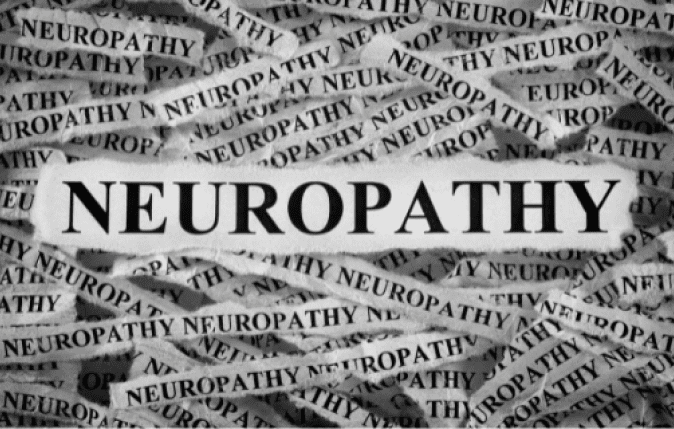Alzheimer’s Alarms: Spotting the Subtle Indicators for Early Intervention
In the realm of cognitive health, vigilance is key, especially when it comes to Alzheimer’s disease. Early detection and intervention play pivotal roles in managing this progressive condition. This blog will shed light on the subtle indicators of Alzheimer’s, empowering you to recognize the early symptoms, understand effective management strategies, and know when to seek professional consultation.
Unveiling the Subtle Signs:
- Memory Lapses: The earliest sign often involves forgetfulness beyond the occasional misplaced key. Frequent memory lapses, forgotten conversations, or the inability to recall recently learned information may be red flags.
- Difficulty Problem Solving: Individuals in the early stages of Alzheimer’s may struggle with basic problem-solving tasks. Issues with concentration, planning, and decision-making become apparent, affecting daily activities.
- Language Challenges: Watch for changes in language ability. Struggling to find the right words, repeating phrases, or having difficulty following or joining a conversation are indicative of cognitive decline.
- Disorientation and Confusion: Alzheimer’s can cause individuals to become disoriented in familiar places, leading to confusion about time, location, and even the people around them.
- Mood and Personality Changes: Subtle alterations in mood, personality, or behavior can signal the onset of Alzheimer’s. This may manifest as increased irritability, apathy, or withdrawal from social activities.
Effective Management Strategies:
- Cognitive Stimulation: Engage in activities that stimulate the mind, such as puzzles, games, or learning a new skill. Mental exercises can help slow cognitive decline.
- Healthy Lifestyle Choices: Adopting a brain-friendly lifestyle can contribute to overall well-being. Prioritize a balanced diet, regular exercise, sufficient sleep, and stress management.
- Social Interaction: Maintain a strong social network. Regular social interactions can provide cognitive and emotional benefits, potentially slowing the progression of Alzheimer’s.
- Medication and Therapies: Consult with a healthcare professional to explore medication options that may help manage symptoms. Additionally, occupational therapy and other supportive interventions can enhance daily functioning.
When to Seek Professional Consultation:
- Persistent Symptoms: If subtle signs persist or worsen over time, it’s crucial to seek professional advice. Early intervention can significantly impact the course of Alzheimer’s disease.
- Concerns from Loved Ones: Family and friends often notice changes before the individual does. If your loved ones express concerns about your cognitive health, take them seriously and seek a professional opinion.
- Routine Memory Screenings: For those at risk or exhibiting early symptoms, regular memory screenings can provide a baseline for cognitive function and aid in the early detection of Alzheimer’s.
Recognizing the subtle indicators of Alzheimer’s disease is the first step towards proactive intervention. By staying vigilant and adopting effective management strategies, individuals and their loved ones can navigate the challenges posed by this condition. Remember, early consultation with healthcare professionals is key to a comprehensive and personalized approach to Alzheimer’s care.

















